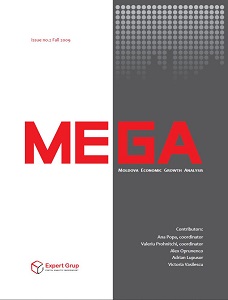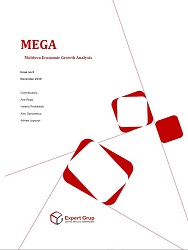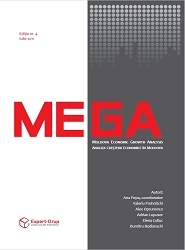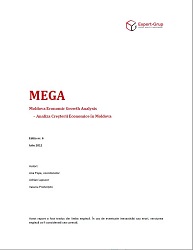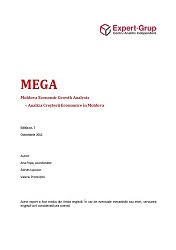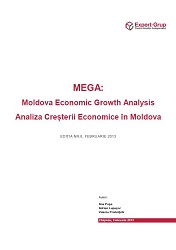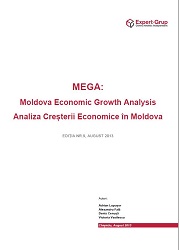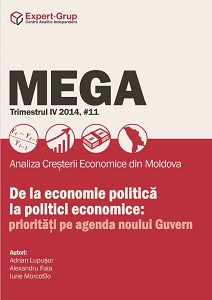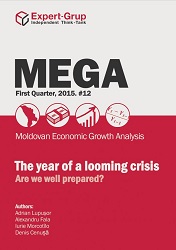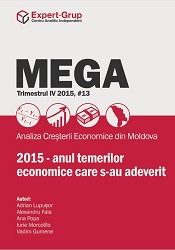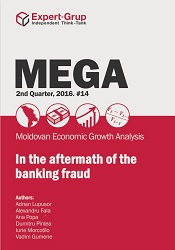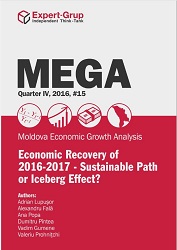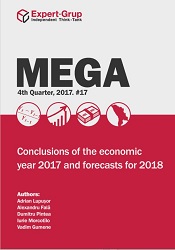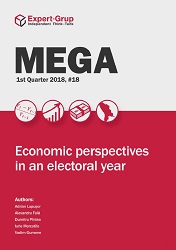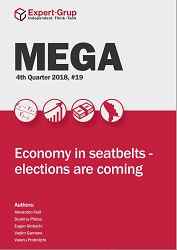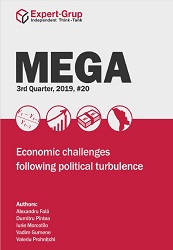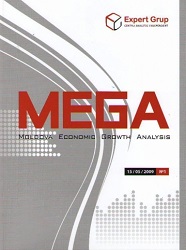
MEGA - Moldova Economic Growth Analysis № 1 / 2009
MEGA - Moldova Economic Growth Analysis № 1 / 2009
Economic recovery in Moldova in 2000 has generated new opportunities as well as new challengesfor the Moldovan government, private companies and citizens. The economic growth has beenmainly supported by migrants’ remittances that have kept the country afloat. However, asconsumption-led economic growth has reached its limits, the economic policymakers have to ensurethe transition of the economy from the economic growth model based on migrants’ remittancestowards an investment-based and innovation-based growth model. Because of the internationalfinancial crisis, this transition is unlikely to be smooth, but still it is necessary to be pursued.
More...
